Television actor Hina Khan on Friday revealed that she has been diagnosed with stage 3 breast cancer. With an alarming estimate of 1,92,020 new cases in 2022, female breast cancer is the most common type of cancer in India read more
)
Hina Khan on Friday revealed that she has been diagnosed with stage 3 breast cancer. Image Courtesy: @realhinakhan/Instagram
Television actor Hina Khan on Friday revealed that she has been diagnosed with stage 3 breast cancer.
The 36-year-old actor shared on Instagram that her treatment has already begun.
“Despite this challenging diagnosis, I want to reassure everyone that I am doing well. I am strong, determined, and fully committed to overcoming this disease,” she wrote in the post.
The most common cancer in India
Breast cancer is a disease in which the tissues of the breast develop cancerous cells. It can happen to men and women alike.
Usually, it starts in the lining of the milk ducts or lobules. If treatment is delayed, it can spread to other body areas.
A lump in the breast or underarms, changes to the breast’s size or form, nipple discharge, or constant pain in the breast area are some of its common symptoms.
According to the Cancer journal, women in India continue to have the highest incidence of breast cancer.
A Down to Earth report, which quoted the most recent numbers provided in February by the World Health Organisation (WHO), stated it accounts for 13.6 per cent of all patients and more than 26 per cent of women, with an alarming estimate of 192,020 new cases.
With 2.3 million cases worldwide, female breast cancer was estimated to be the second most common type of cancer.
As per the Cancer Journal, over the past 26 years, there has been a disturbing trend in India where the age-standardised incidence rate of female breast cancer has increased by 39.1 per cent from 1990 to 2016.
Breast cancer accounted for the greatest percentage of deaths in the nation in 2022 (98,337–13.7 per cent), followed by oral cancer (79,979–5.6 per cent) and cervical cancer (79,906–11.2 per cent), according to the International Agency for Research on Cancer (IARC), WHO’s cancer agency.
Younger women are more vulnerable
Over time, there has been a notable rise in the prevalence of breast cancer in younger women.
The shift in trend is new.
Women under 40 make up the majority of instances.
A study that was published in the Journal of Global Oncology claims that lifestyle choices such delaying childbirth, eating a higher-fat diet, and becoming more sedentary are to blame for this rise.
The study emphasises that more aggressive forms of breast cancer, which tend to grow more quickly and necessitate more rigorous treatment, are frequently discovered in younger women.
Women who have a family history of breast cancer are more vulnerable, particularly if they have BRCA1 or BRCA2 gene mutations.
Dr Rohan Khandelwal of CK Birla Hospital in Gurugram tells The Times of India that unchecked cell development in the breast tissue is the root cause of breast cancer.”
According to Dr Mandar Nadkarni of Kokilaben Dhirubhai Ambani Hospital, societal and work pressures cause women to put off getting married and having children, which has an effect on breastfeeding practices and raises the risk of breast cancer.
She says, “Genetics plays a role in less than 10 per cent of breast cancer cases.”
The causes
“Women in lower Human Development Index (HDI) countries are 50 per cent less likely to be diagnosed with breast cancer than women in high HDI countries, yet they are at a much higher risk of dying of the disease due to late diagnosis and inadequate access to quality treatment,” Dr Isabelle Soerjomataram, deputy head of the cancer surveillance branch at IARC, said in a press statement.
As reported by Indian Express, Dr Minnish Jain of Ruby Hall Clinic in Pune believes that rising rates of obesity, alcohol consumption, smoking, and inadequate nursing are to blame for the rise in breast cancer cases.
The two main risk factors for breast cancer after menopause may be an unhealthy lifestyle and an excessive weight gain.
“We also need to give up ultra-processed food, unhealthy fats and high-sugar goods,” he said.
Dr CS Pramesh, Director at Mumbai’s Tata Memorial Hospital, also emphasised, “The most effective prevention is a healthier lifestyle. Avoiding tobacco (in any form) and alcohol, more physical activity, losing weight, and preventing infections are the important strategies we need to adopt. A physically fit and active person has a much lower chance of developing cancer than others.”
Dr Arun Kumar Goel, Chairperson, Surgical Oncology, Andromeda Cancer Hospital in Sonipat told The Times of India, “Although the precise etiology of breast cancer is still unknown, research has found a number of risk factors that may be involved. A person’s risk of contracting the condition may be raised by a mix of lifestyle, hormonal, and hereditary factors.”
“In particular, exposure to hormones like progesterone and estrogen, or a family history of breast cancer, can all raise the risk. Contributing variables include age (with the risk increasing after the age of 55), thick breast tissue, and radiation exposure,” he said.
With inputs from agencies
Vibhuti is on the Explainers team at Firstpost. She covers a wide range of topics including Indian political affairs, international relations, climate change, among others. She likes to split her free time between travelling, reading, and doing research. see more

 2 months ago
14
2 months ago
14

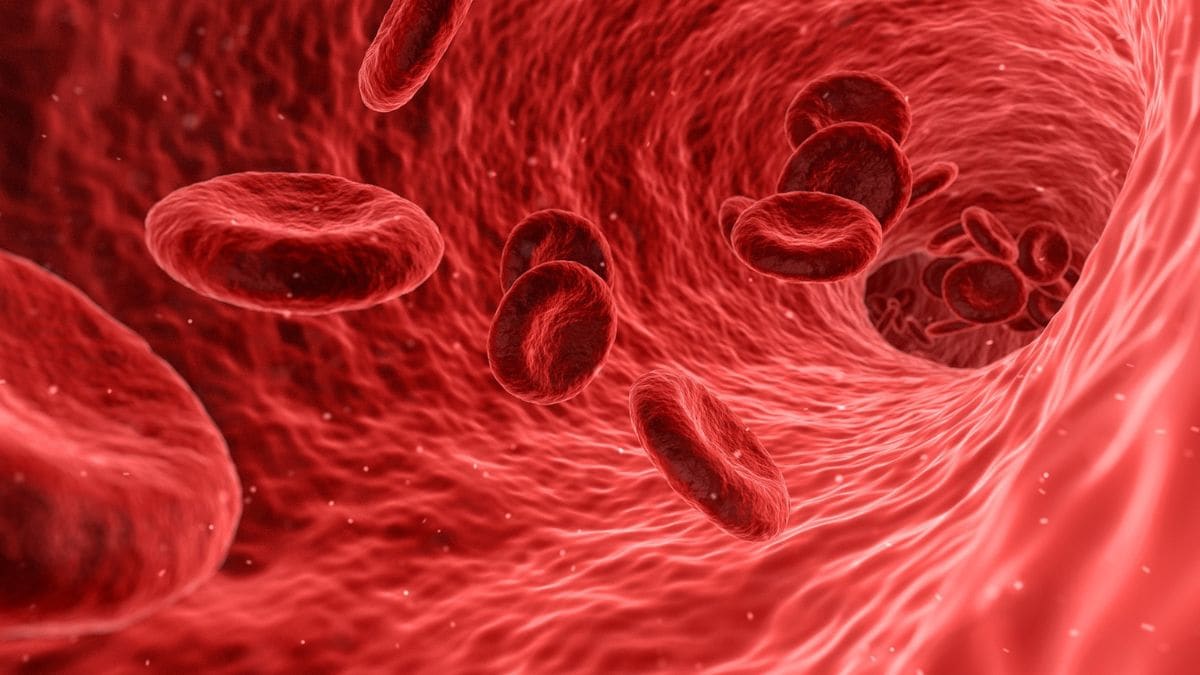
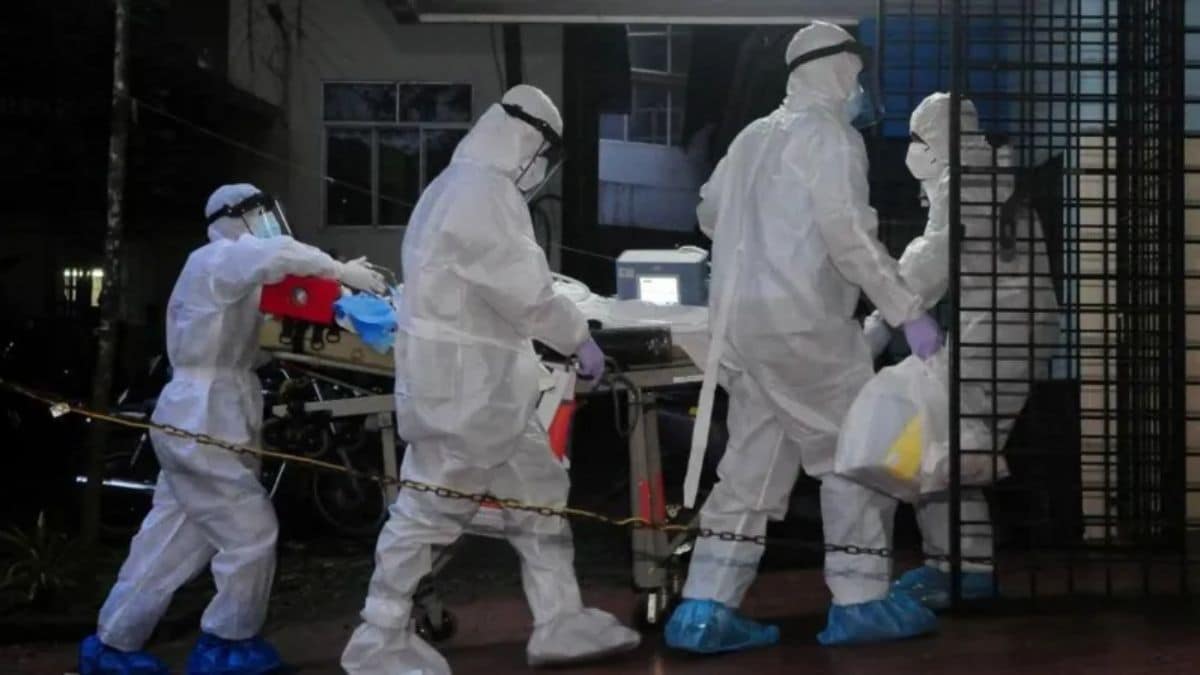
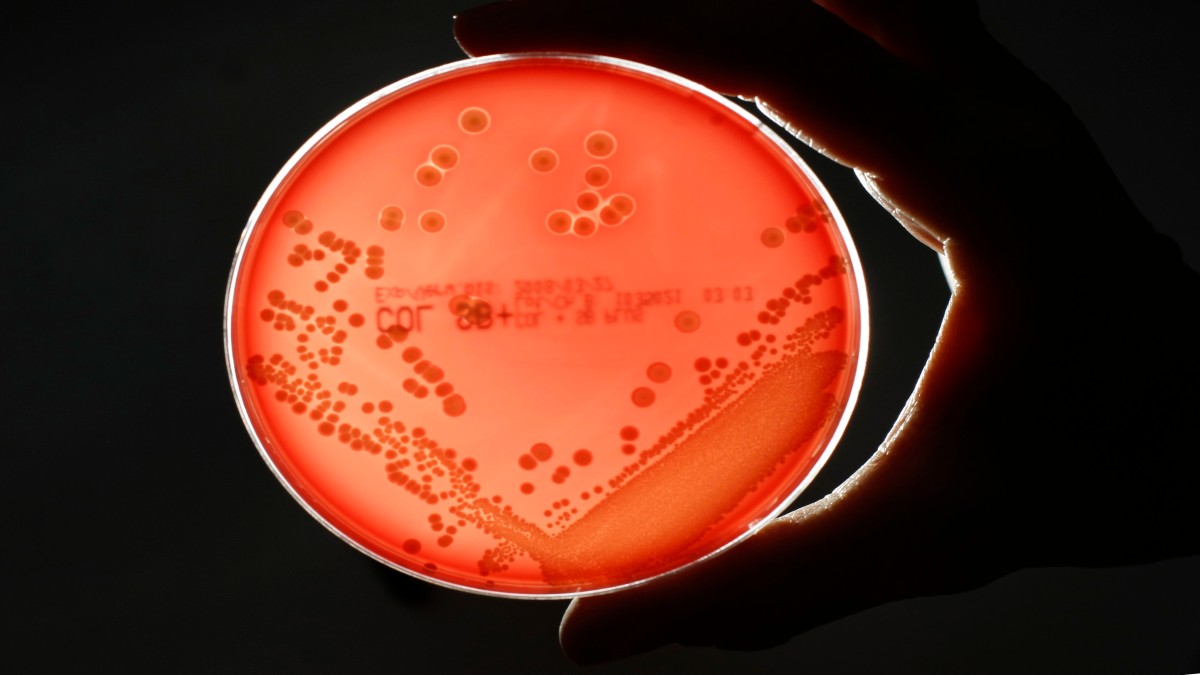



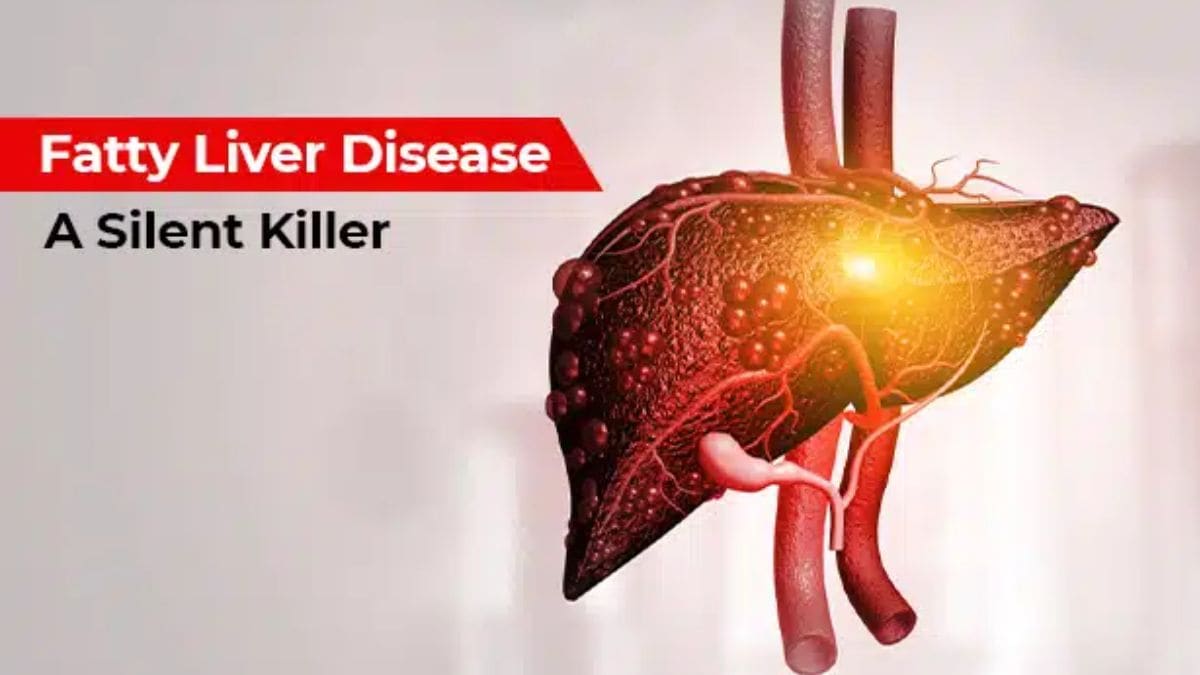

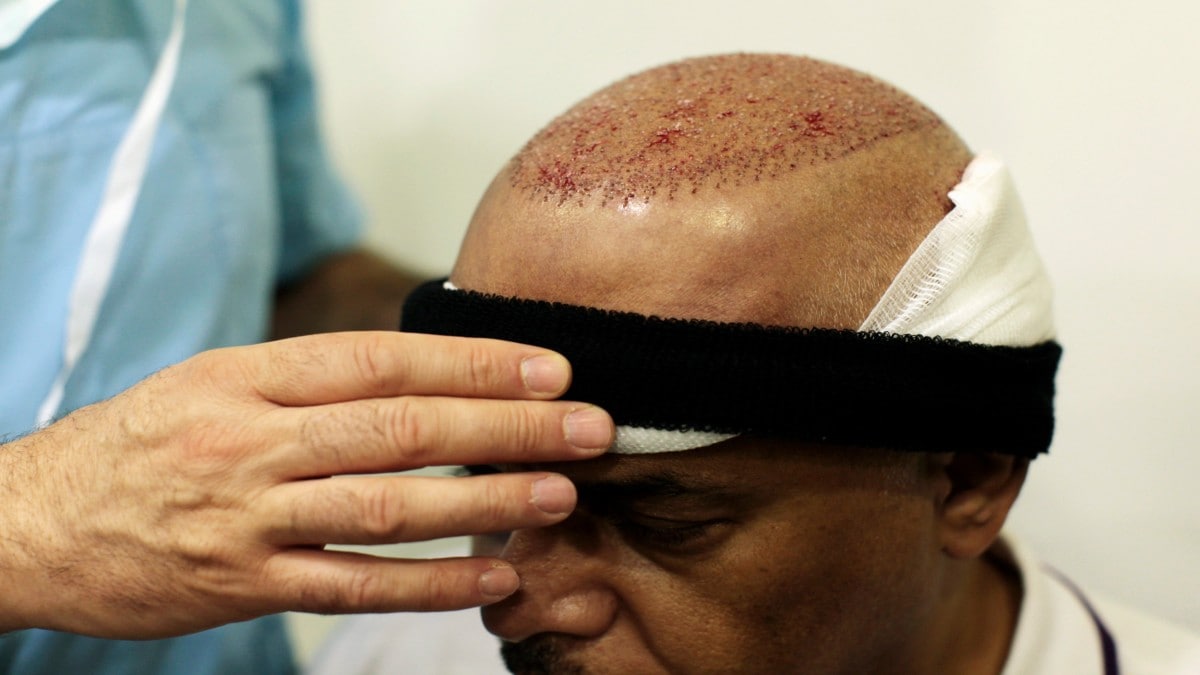

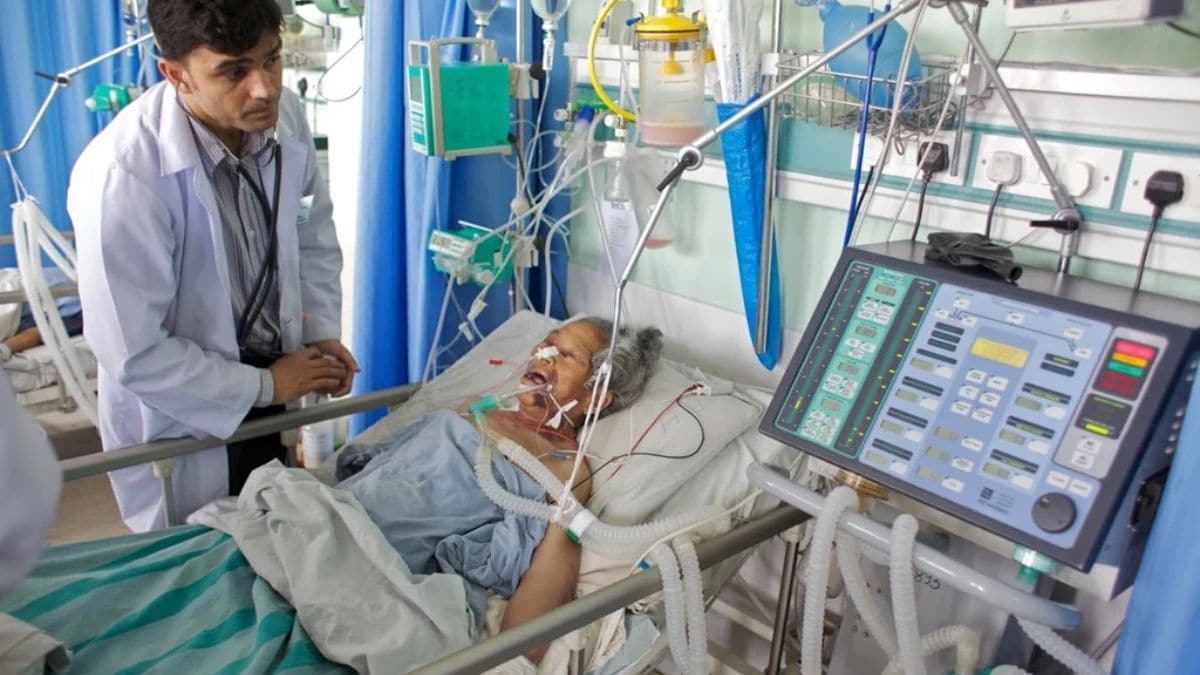
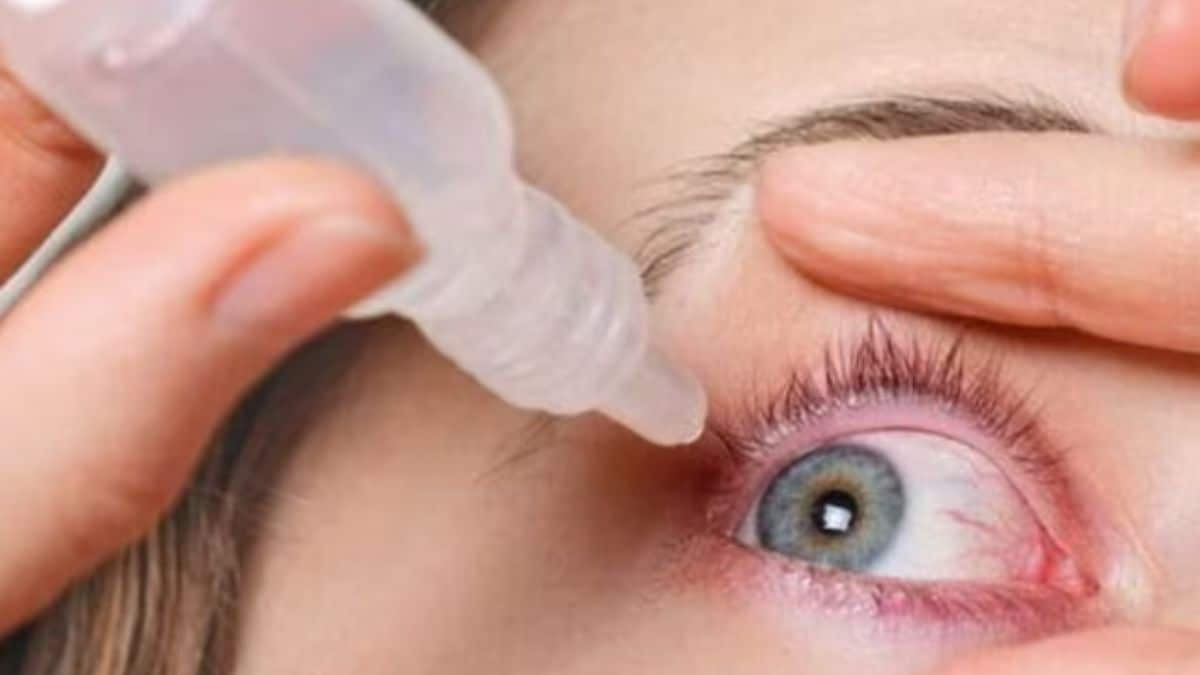

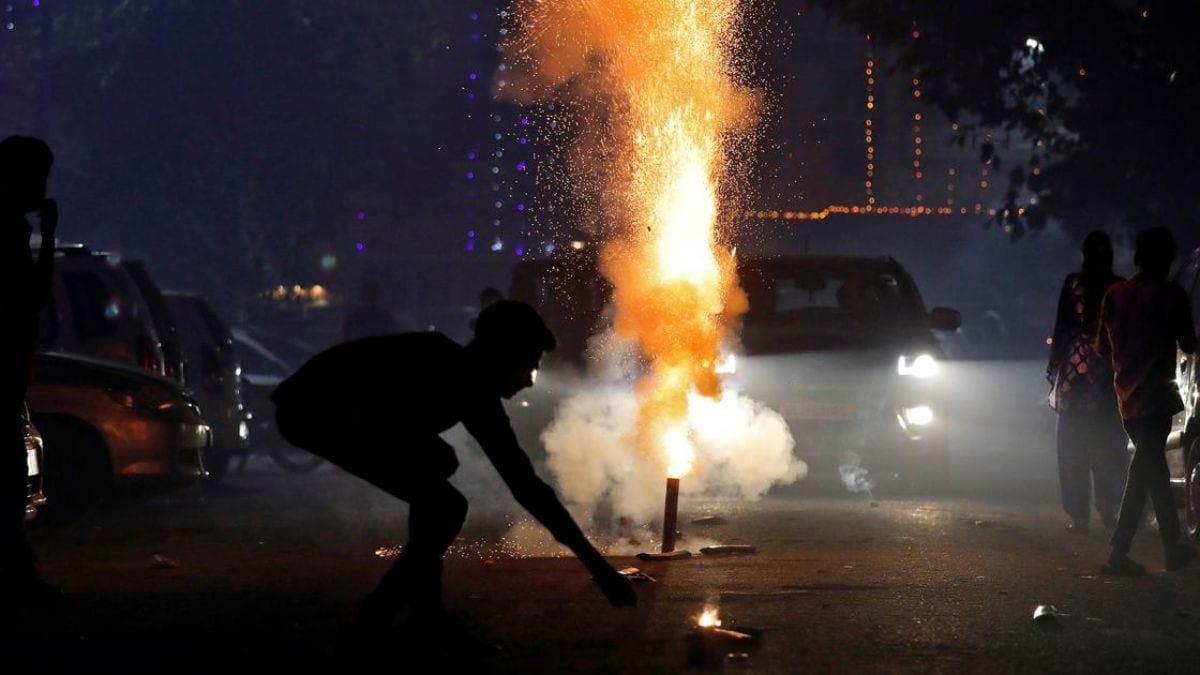
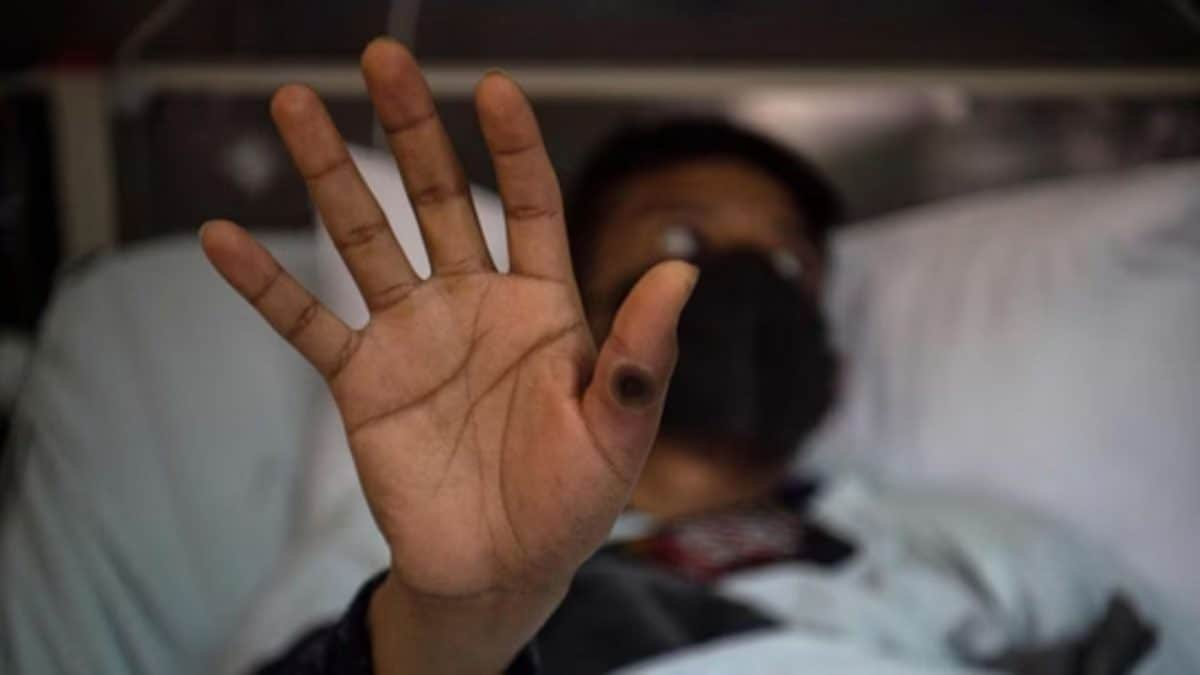


)
)
)
)
)
)
)
 English (US) ·
English (US) ·